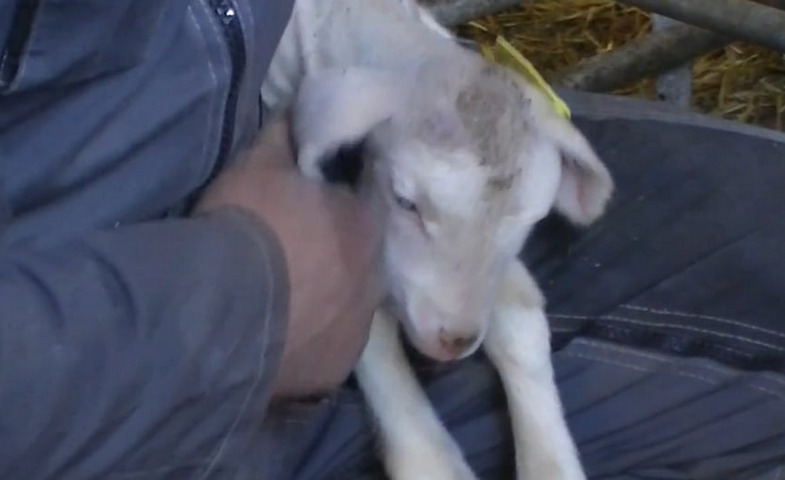Creating a process of evaluation
Issue
Evaluation should be an authentic place for trainee educators to actively review, deepen their understanding and become aware of the evolution of their skills in teaching animal welfare. In other words, we advocate for formative evaluation. The evaluation covers educational knowledge, the values at stake and the relationship that the teacher wishes to develop with his/her students and therefore the posture sought.Objective
For the trainer: evaluate educator skills development during an Anicare pedagogical processFor the educator: awareness of their own development of skills and to clarify what has been acquired and improvements to be made.
Method
The evaluation starts from the first course, through the trainees' representations of animal welfare education, which may be requested at the end of the training. However, the evaluation does not only judge the results. It also assesses the learning process involved. Throughout the course, at the end of each day, the trainees note the main contributions, questions on the topic, new desires and rejections that the training course may have generated. This is a self-evaluation procedure.This does not prevent the trainer from looking at the main obstacles to learning about animal welfare education that he or she may have observed at the beginning of the training course, which can be summarized in the following questions:
Is the educator ready to leave the position of expert, and is he or she willing and able to take on the position of facilitator, coach?
Does the educator conceive the socio-constructivist approach proposed in the framework of Anicare as an approach likely to enrich the panel of possibilities in terms of pedagogical strategy?
Does the educator see controversy as a lever for learning about animal welfare?
Does the educator conceive values and emotion as knowledge in its own right, that it is important to welcome and question?
Does the educator see interpersonal skills as professional skills in their own right?













